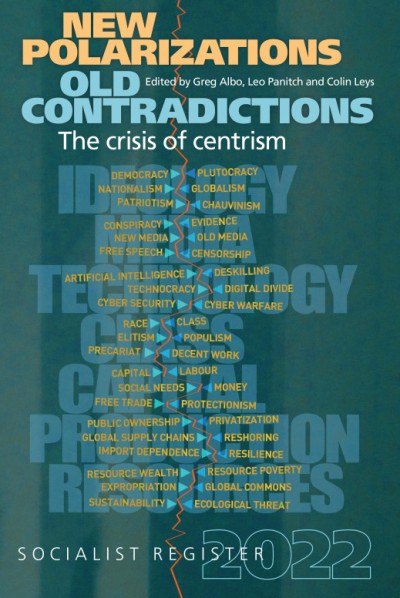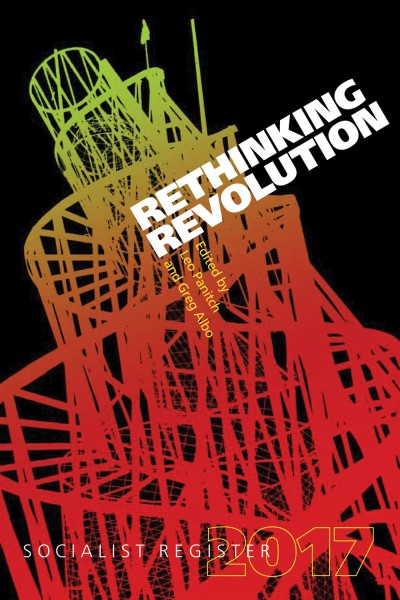
The Socialist Register 2010
Morbid Symptoms: Health Under Capitalism
Health care rights are fought over between commercial forces that seek to make health into a commodity (for those who can pay), and popular forces that seek to reduce gross inequalities and try to make (or keep) health as a public service.
These essays analyze the global health industry: the corporations that sell pharmaceuticals and insurance and push to expand the consumption of goods and services, making health care everywhere a field of capital accumulation.
About the book
Neoliberal globalisation, a predominant theme of the Socialist Register over the past 15 years, is brought into focus in this volume in relation to its impact on the most important area of human life: health. All the elements of public health, from a balanced diet to decent housing, job security and job satisfaction are crucial in determining how well and how long people live. This is partly a matter of giving the human body what it needs to reach its full physical potential, but also a matter of preventing disease and, to a lesser extent, a matter of curing illnesses. The turn that capitalism has taken in recent decades has, in both these respects, been replete with morbid symptoms – the title of this volume, the Register’s 46th, on health under capitalism. A vast amount has been written about health, but very little from a systematically critical standpoint. The path-breaking work in the political economy of health begun in the 1970s by pioneers such as Lesley Doyal, Vicente Navarro and Julian Tudor Hart has been too little followed up by others, at least in the English-speaking world. This is all the more remarkable, given the size and scope of the global health industry and its growing centrality as arena of capital accumulation. Our goal in preparing this volume was to help develop the historical materialist analysis of health under capitalism, focusing on the economic, social and political determinants of health in the neoliberal era; and on health care as an object of struggle, between commercial forces that seek to make it into a commodity and popular forces trying to make (or keep) it a public service and to reduce the current gross inequalities of access.
What people are saying
Labour/Le Travail, #68“Scholars of all stripes can surely benefit from this book the text bridges disparate and innovative subject matter to further expand and enhance the subject of health care policy and economics.”
Contents
- The Recommodification of Health Care in Contemporary Capitalism (Colin Leys)
- The Capitalist Health Industry (Roddy Loeppky)
- The Health Care Proletariat (Pat & Hugh Armstrong)
- The Marketization of Health Care in Europe (Christoph Herman)
- Inequality and Ill-Health (David Coburn)
- The Politics of Research and the Neutering of Health Policy (Vicente Navarro)
- The Nature of Health Care and the Impact of Commodification (Hans Ulrich Deppe)
- What Are People For? Mental Health in a Sick Society (Julian Tudor Hart)
- Is a Public Health Care System Possible in the USA? (Marie Gottschalk)
- Whatever Happened to Primary Care in India? (Mohan Rao)
- Health Care in Sub-Saharan Africa (Maureen Mackintosh)
- Cuban Health Care at Home and Abroad (Julie Feinsilver)
- International Organizations and Capitalist Health Policies (Meri Koi-vusalo)
- China’s Capitalist Transition in Health Care (Wang Shaoguang)
- Big Pharma’s Medicalisation of Life and Learning (Kalman Applbaum)
- Hunger and Obesity: The Global Capitalist Food Industry (Robert Albritton)
- ‘Inverse Medicalization’: The ‘Fitness’ Industry (Julian Ammirante)
- A Right to Life?: The Lethal Struggle Over AIDS in Africa (Sanjay Basu)
- Medical Aid and Resistance in the ‘Global South’ (Thomas Seibert)
- Medical TV Dramas and/or Soap Operas (Lesley Henderson)













